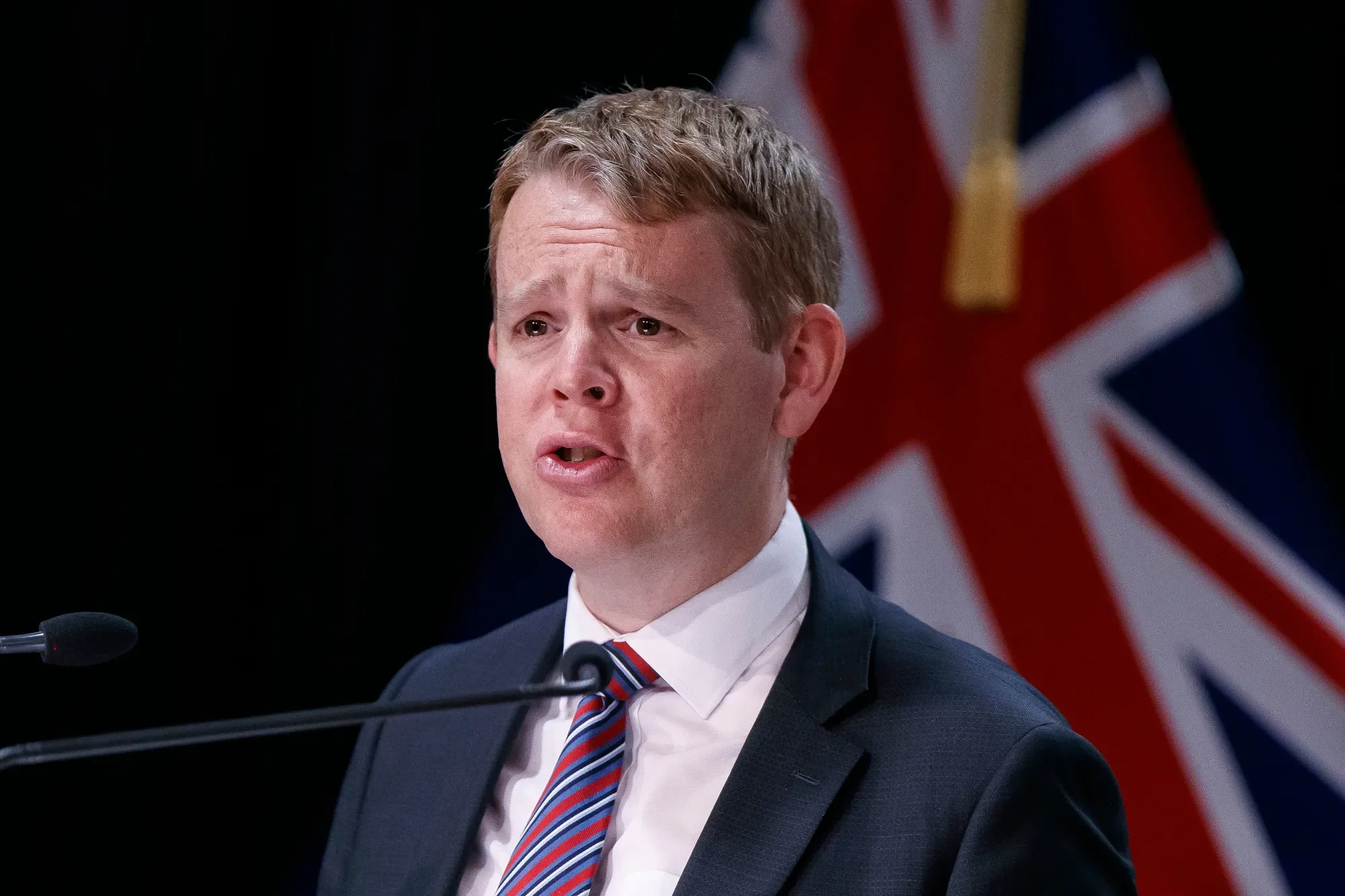Government Considers Rough Sleeping Ban in Auckland CBD
The government is considering measures to move homeless people out of Auckland’s city centre, with ministers confirming that “move-on” powers are among the options being discussed. However, the idea of effectively banning rough sleeping has sparked strong backlash from opposition parties and housing advocates.
Government Signals “Move-On” Approach
Prime Minister Christopher Luxon said there had been “no Cabinet decisions or discussions” yet, but confirmed that ministers were exploring ways to improve public safety and cleanliness in the CBD.
“Move-on orders would be one of the things you’d want to consider,” Luxon said. “But you’ve got to make sure the right support structures are in place.”
Justice Minister Paul Goldsmith said he had been tasked with ensuring police had the tools to address disorder.
“It’s blindingly obvious that the CBD has been characterised by disorder and real concern around public safety,” Goldsmith said. “We’re open to some new suggestions.”
National MP Ryan Hamilton has submitted a Member’s Bill to give police power to move people on if their presence causes distress, disorder, or nuisance. Police Minister Mark Mitchell backed the idea, saying it would involve relocating people to “a place of safety,” not simply displacing them.
Housing Minister Chris Bishop said there was “no legislation being drafted” yet but confirmed that “a range of things are under consideration.”
Opposition and Advocates Condemn the Idea
Critics say banning rough sleeping would criminalise homelessness rather than solve it.
Labour leader Chris Hipkins said the proposal would only push people into other areas.
“They might not be in the CBD anymore, but that doesn’t make them any less homeless,” he said. “Simply trying to make homelessness less visible isn’t going to make that problem any better.”
Green co-leader Chlöe Swarbrick, the MP for Auckland Central, accused the government of worsening the crisis by cutting access to emergency housing and support.
“Move-on laws have been shown overseas to become a pipeline into the criminal justice system,” she said.
Experts: Enforcement Won’t Work
Homelessness services have warned the approach would “displace the problem and cause more harm.”
Housing First Auckland programme manager Rami Alrudaini said evidence showed punitive measures were ineffective.
“Delivering proven programmes that provide housing, health, and wraparound support is the most effective way to address homelessness,” he said.
Auckland City Missioner Helen Robinson called enforcement “totally and utterly ineffective.”
“All it does is move people and their problems down the road — literally and metaphorically. The answer here is more homes and more support.”
Seymour Skeptical of a Ban
Deputy Prime Minister David Seymour said he had not been consulted on any proposal and questioned the practicality of a rough sleeping ban.
“If you ban homelessness, where do people go?” he asked. “You’re better to actually build homes and work with community housing providers. That’s what actually works.”


